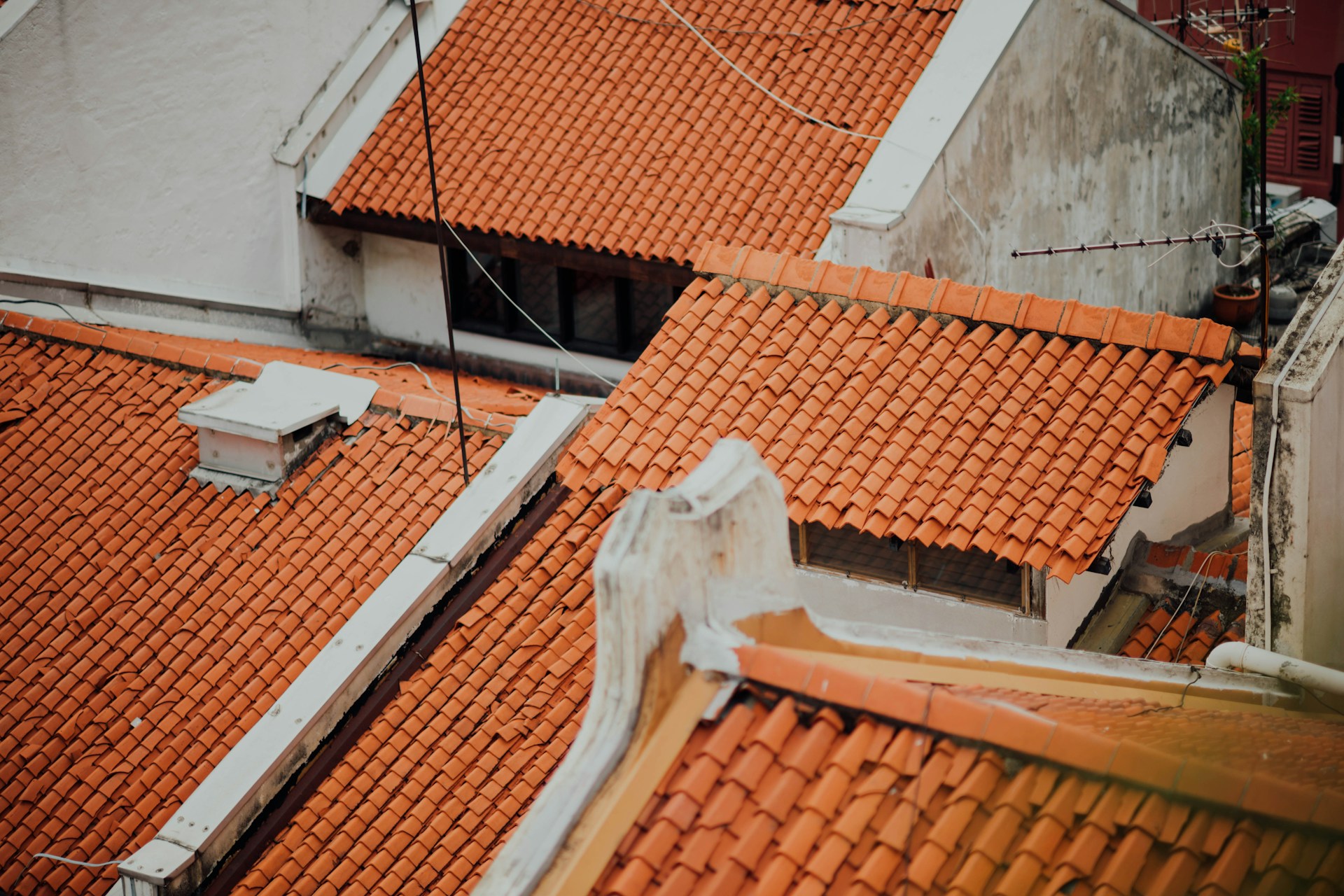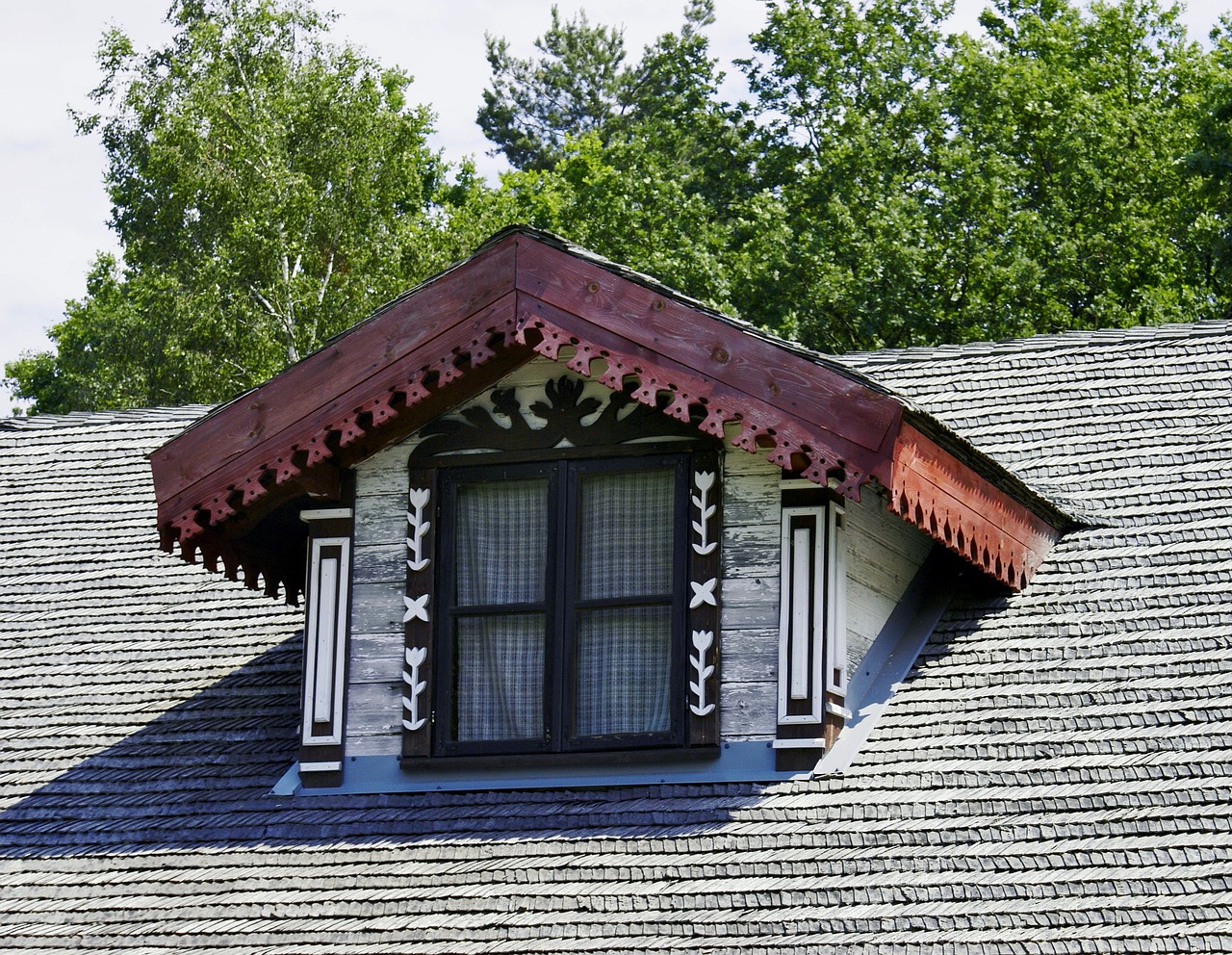Over Your Head:
Roof Considerations Every Renter Should Keep in Mind
When hunting for the perfect rental property, it's easy to get swept away by aesthetic features and overlook the practical aspects that ensure comfort and safety. Among these, the condition of the roof should top your list of considerations. A well-maintained roof is crucial for protecting the property from weather elements, ensuring energy efficiency, and safeguarding your belongings. In this guide, we'll explore the key roof-related factors renters should assess before signing a lease, helping you make an informed decision and enjoy peace of mind in your new home.

Assessing the Roof's Condition
Before committing to a rental, take the time to visually inspect the roof or inquire about its condition. Look for signs of aging or disrepair, such as missing, cracked, or curling shingles, which can indicate underlying damage or potential leaks. Additionally, visible sagging or uneven roof lines may suggest structural issues that could lead to more significant problems down the line. If possible, ask about the roof's age and when it was last inspected or replaced. This information can give you insight into the roof's current state and anticipated longevity, helping ensure you won't face unexpected issues or expenses during your tenure.
Professional Roofing Solutions
When evaluating a potential rental, it's not only essential to inspect the roof's condition but also to understand the property management's approach to roofing issues. Inquire if they employ professional roofing contractors for maintenance and repairs, as this can significantly affect the quality and speed of work performed. Professional roofing solutions ensure that any repairs or replacements are done correctly, using the right materials and techniques. This not only prolongs the roof's lifespan but also enhances the overall safety and energy efficiency of the property. Additionally, knowing that a qualified professional regularly checks the roof can provide peace of mind and reduce the likelihood of facing sudden roofing emergencies.
Importance of Proper Insulation and Ventilation
Proper insulation and ventilation in the attic or roof space are paramount for maintaining a comfortable living environment year-round. Inadequate insulation can lead to heat loss during winter and excessive heat absorption during summer, significantly affecting your home's energy efficiency and your utility bills. Similarly, poor ventilation can cause moisture buildup, leading to mold growth and deteriorating indoor air quality. Therefore, inquire about the insulation and ventilation system of the property to avoid these issues and ensure a healthy and cost-effective living space.
Checking for Water Damage Signs
Water damage is a critical issue that can be caused by a faulty roof. When inspecting a potential rental, look for signs of water damage in ceilings and walls, such as stains, peeling paint, or a musty odor, which can indicate past or current leaks. Water damage not only affects the structural integrity of the building but can also pose health risks due to mold and mildew growth. Make sure to address any signs of water damage with the landlord and verify that they have been properly rectified before moving in.

Understanding the Drainage System
The roof's drainage system, including gutters and downspouts, plays a crucial role in directing water away from the property, thereby protecting its foundation and landscaping. Ensure that the gutters are clean, securely attached, and free of obstructions. Blocked or damaged gutters can lead to water overflow, damaging the roof, walls, and foundation over time. Discuss the maintenance of the drainage system with the landlord to ensure it's in good working condition and that responsibilities for upkeep are clearly defined.
Negotiating Repairs and Maintenance in the Lease
Finally, once you've assessed the roof's condition and related aspects, it's wise to negotiate any necessary repairs or maintenance before signing the lease. Ensure that the agreement clearly outlines who is responsible for roof maintenance and repairs during your tenancy. This can help prevent disputes and ensure that the property remains in good condition throughout your stay. Additionally, consider asking for a clause in the lease that addresses prompt responses to any roof-related issues, safeguarding your comfort and safety.
Paying close attention to the roof's condition and related aspects before renting a property is not just about ensuring your personal comfort and safety; it's also an investment in peace of mind. By thoroughly inspecting the roof, inquiring about professional roofing solutions, and understanding the property's insulation, ventilation, and drainage systems, you safeguard yourself against unforeseen problems and expenses. Additionally, negotiating the terms of roof maintenance and repairs in your lease agreement is crucial for a hassle-free tenancy. Armed with this knowledge and due diligence, you can find a rental property that feels like home, secure in the knowledge that it is well-protected from the elements and offers a safe, energy-efficient living environment.